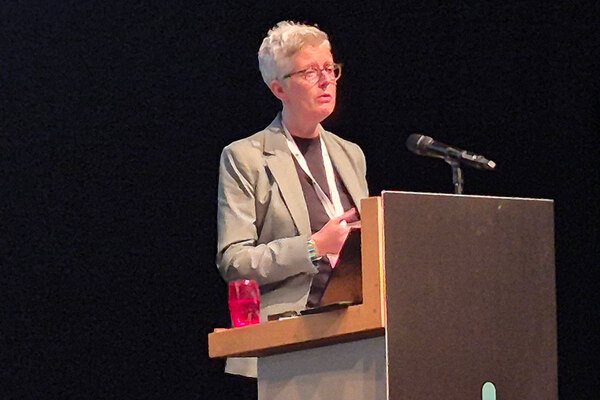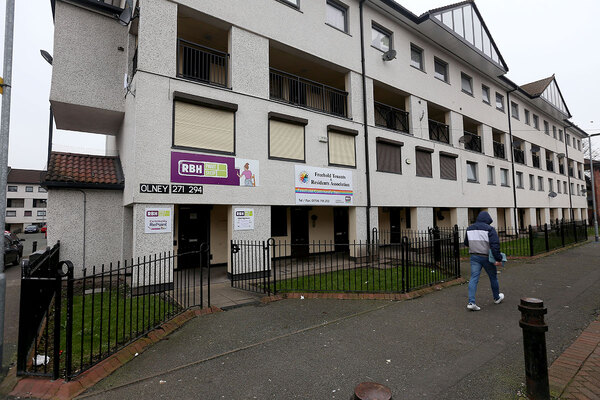Southern leaves SHPS to manage own pension scheme
Southern Housing Group has left the Social Housing Pension Scheme (SHPS), the multi-employer defined benefit scheme for the sector.
The move, first reported in Inside Housing’s sister publication Social Housing, came at the end of September 2017, around the same time the UK’s largest association, Clarion, left. Radian, Genesis and Sanctuary have all left already, and Inside Housing revealed last month that Bromford is planning to leave too.
Southern is the first to leave The Pensions Trust (TPT) altogether. TPT manages SHPS and all the other organisations to leave the scheme have also chosen TPT to manage their own replacement schemes.
SHPS has seen its deficit increase repeatedly in recent years and employer contributions have risen as a result.
It is currently undergoing its latest valuation, and experts have predicted its deficit will rise by 50% to £1.5bn, leading contributions to go up by the same proportion.
Unlike many associations, Southern has its own defined benefit scheme, the Southern Housing Group Pension Scheme, to which its ex-SHPS members have been transferred.
James Francis, group finance director at Southern, told Inside Housing: “We transferred all members into our existing Southern Housing Group pension plan, or into the group’s stakeholder defined contribution pension scheme on 30 September 2017.
“Southern Housing Group and the SHPS Pensions Committee worked closely together to ensure that both sets of trustees’ regulatory duties were satisfied.”
It is not known how expensive Southern’s exit from SHPS was, but the association’s annual report for 2017 predicted that the social housing cost per unit would rise in 2017/18 from £205 to £386. This increase, it said, “relates to the cost of managing our long-term pension deficit position”.
It also forecast that its operating margin would fall from 32.3% to 28.4%, again noting that this was the result of the costs of “work we are doing to reduce future pension deficit risk”.
The current valuation of SHPS is ongoing. TPT was originally supposed to publish the initial results in December, but this has now been pushed back to February or March.
Each of the previous three valuations has seen its deficit increase, an unusual situation for such a scheme and something that The Pensions Regulator has said is keeping an eye on in general.













